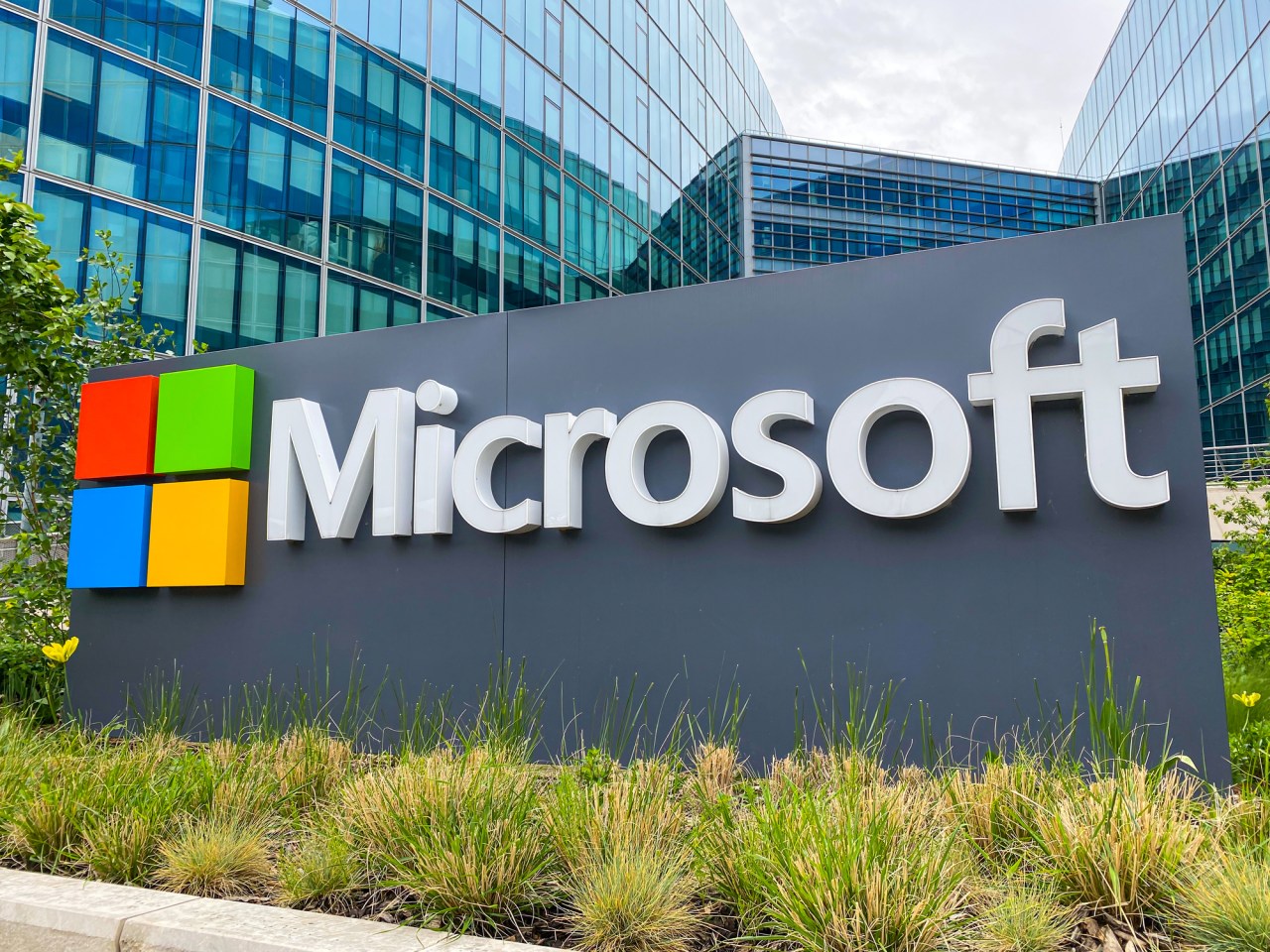In an age where information is at our fingertips, the efficiency and effectiveness of search engines could make all the difference in a user’s experience. Microsoft, in its quest to enhance its own search engine Bing, is reportedly set to incorporate a faster iteration of OpenAI’s renowned ChatGPT, namely GPT-4. This strategic maneuver not only aims to bolster Bing’s competitive stance against Google but also promises a leap forward in how users interact with search queries. Let’s explore the implications of this innovative change.
The Accelerated Power of GPT-4
The key differentiation between the traditional ChatGPT and the anticipated GPT-4 lies in speed. Current iterations of ChatGPT may occasionally necessitate a few minutes to generate responses, leading to potential frustration for users who crave swift answers in our fast-paced world. In contrast, GPT-4 promises quicker responses that are also richer in detail, mimicking the nuances of human conversation.
Transforming Search Queries into Conversational Exchanges
As Microsoft aims to integrate GPT-4 into Bing, users can expect a paradigm shift from receiving a simple list of links to engaging with more humanlike, conversational responses. The implications of this evolution are significant:
- Enhanced User Experience: Quick and detailed responses to queries can dramatically improve the overall satisfaction of users.
- Reducing Information Overload: By synthesizing information and offering comprehensive insights, users may find it easier to locate the answers they seek.
- Competitive Edge: As Microsoft seeks to challenge Google’s long-standing supremacy in the search engine realm, an engaging experience powered by GPT-4 could make a compelling alternative for users.
The Future of Mobile Search with ChatGPT
The excitement doesn’t stop with Bing; reports have surfaced about OpenAI’s plans to launch a mobile ChatGPT application. Currently, the web version of ChatGPT is limited in terms of accessibility, particularly for on-the-go users. A mobile version promises to broaden its user base significantly, allowing more individuals to leverage its capabilities whenever and wherever they choose.
Innovations on the Horizon
Moreover, OpenAI is reportedly testing features in its renowned DALL-E image generation software to extend its capabilities to video generation. The fusion of these technologies not only illustrates the dynamic potential AI holds but also redefines creativity and digital content creation.
Microsoft’s Investment in the Future
This upcoming integration is a part of Microsoft’s larger vision, as evidenced by its recent multi-year, multi-billion-dollar investment in OpenAI. This partnership is not only about technology; it is fundamentally about reshaping the interaction dynamics between users and digital platforms:
- Availability of AI Systems: Microsoft aims to create commercial platforms that democratize access to OpenAI’s foundational technologies across industries.
- Efficient Deployment of Supercomputing Resources: New investments to bolster OpenAI’s AI research hint at a promising future where advanced technology becomes increasingly powerful and user-friendly.
The Competitive Landscape
As Microsoft gears up to potentially disrupt Google’s dominance in online search, it’s interesting that Google has opted against launching a competing version of ChatGPT. Executive remarks indicate that they perceive chatbots as not yet ready to assume the role of search engines. Such contrasts in strategy may reshape the landscape of internet search for years to come.
Conclusion
The anticipated integration of GPT-4 into Bing is a clear indication that Microsoft is not merely playing catch-up in the search engine market; it is poised to redefine user interactions altogether. By merging the speed and sophistication of AI with traditional search functionalities, users can look forward to a more intuitive and engaging search experience. As we witness this paradigm shift unfold, it’s crucial for businesses and developers to stay informed about such advancements in AI technology.
At fxis.ai, we believe that such advancements are crucial for the future of AI, as they enable more comprehensive and effective solutions. Our team is continually exploring new methodologies to push the envelope in artificial intelligence, ensuring that our clients benefit from the latest technological innovations.
For more insights, updates, or to collaborate on AI development projects, stay connected with fxis.ai.

